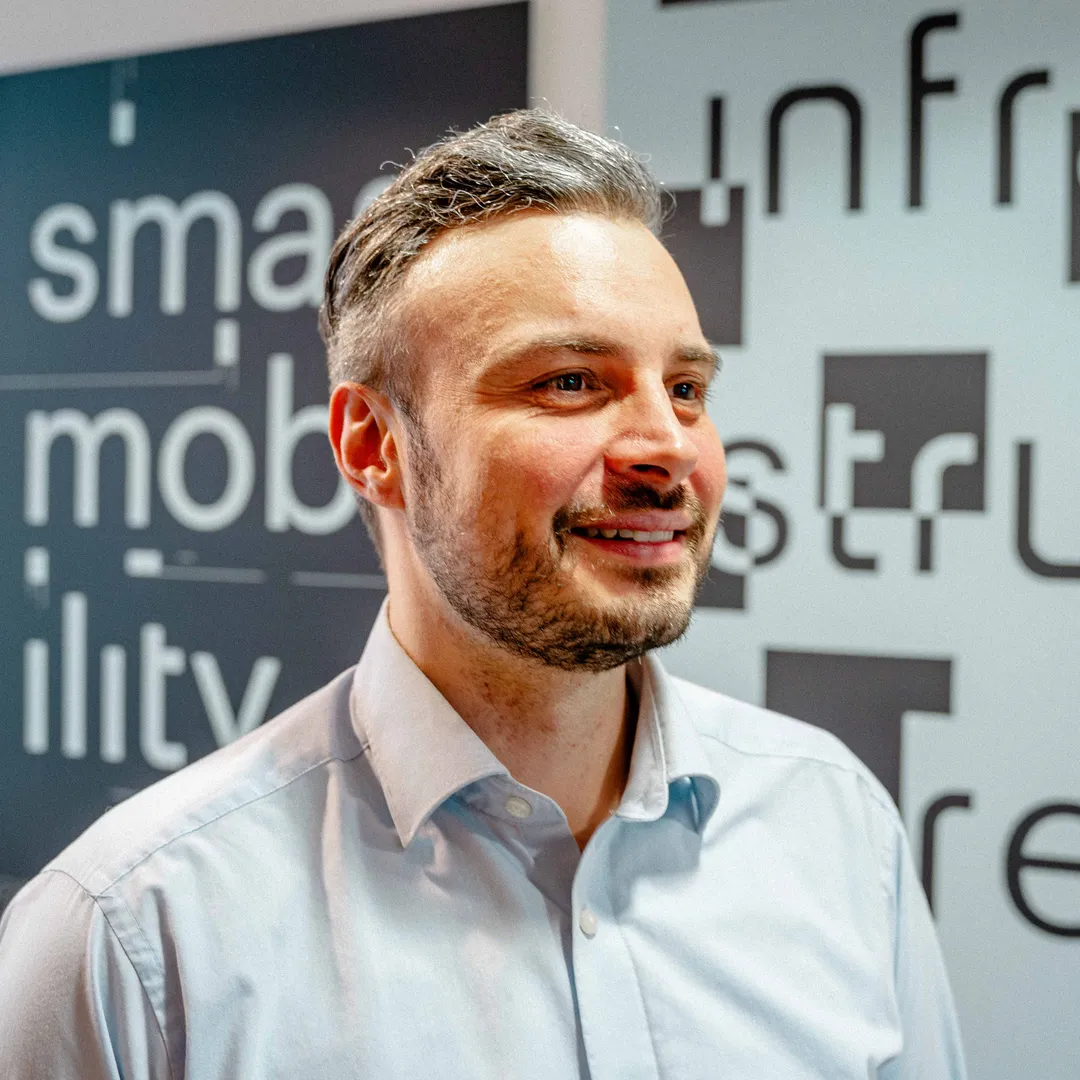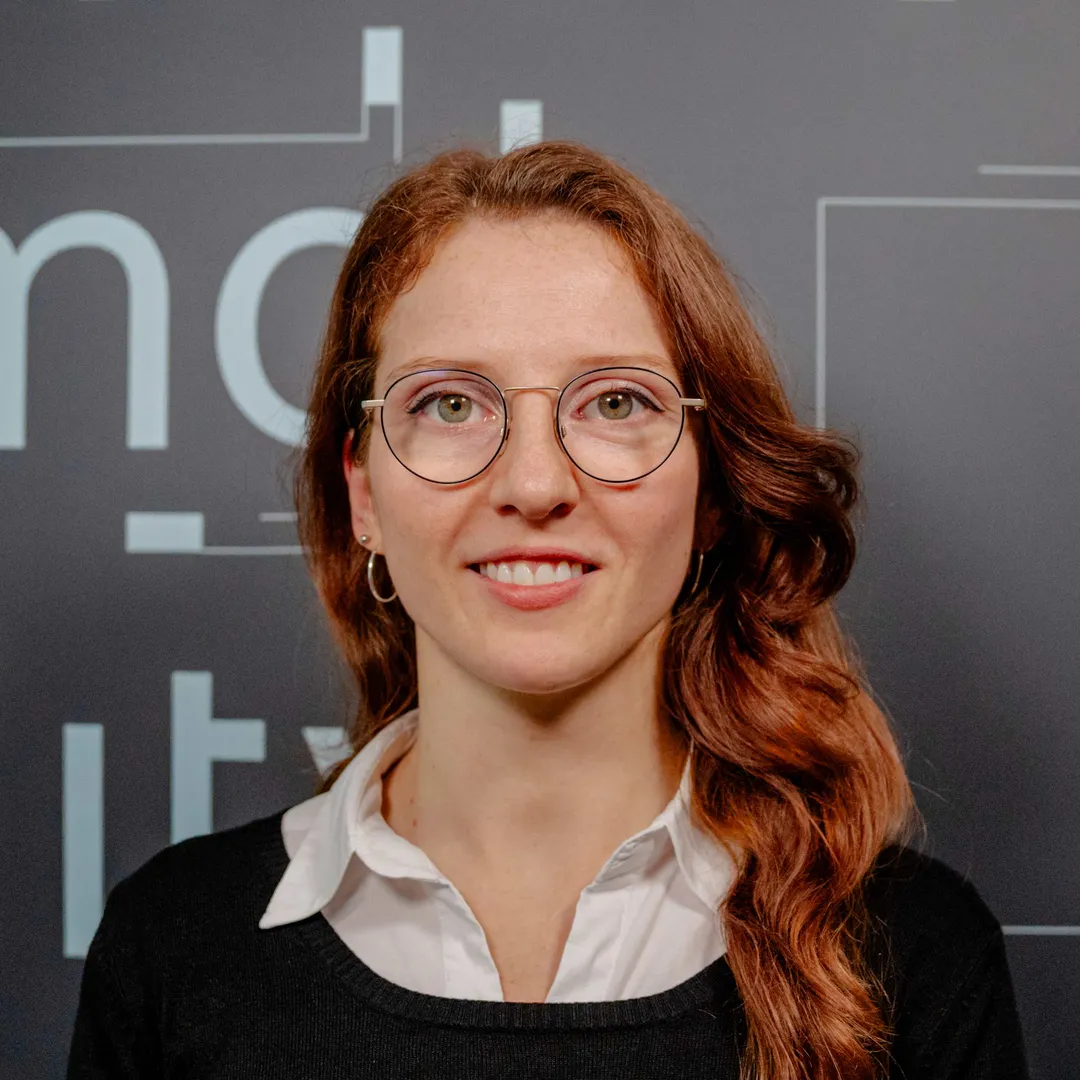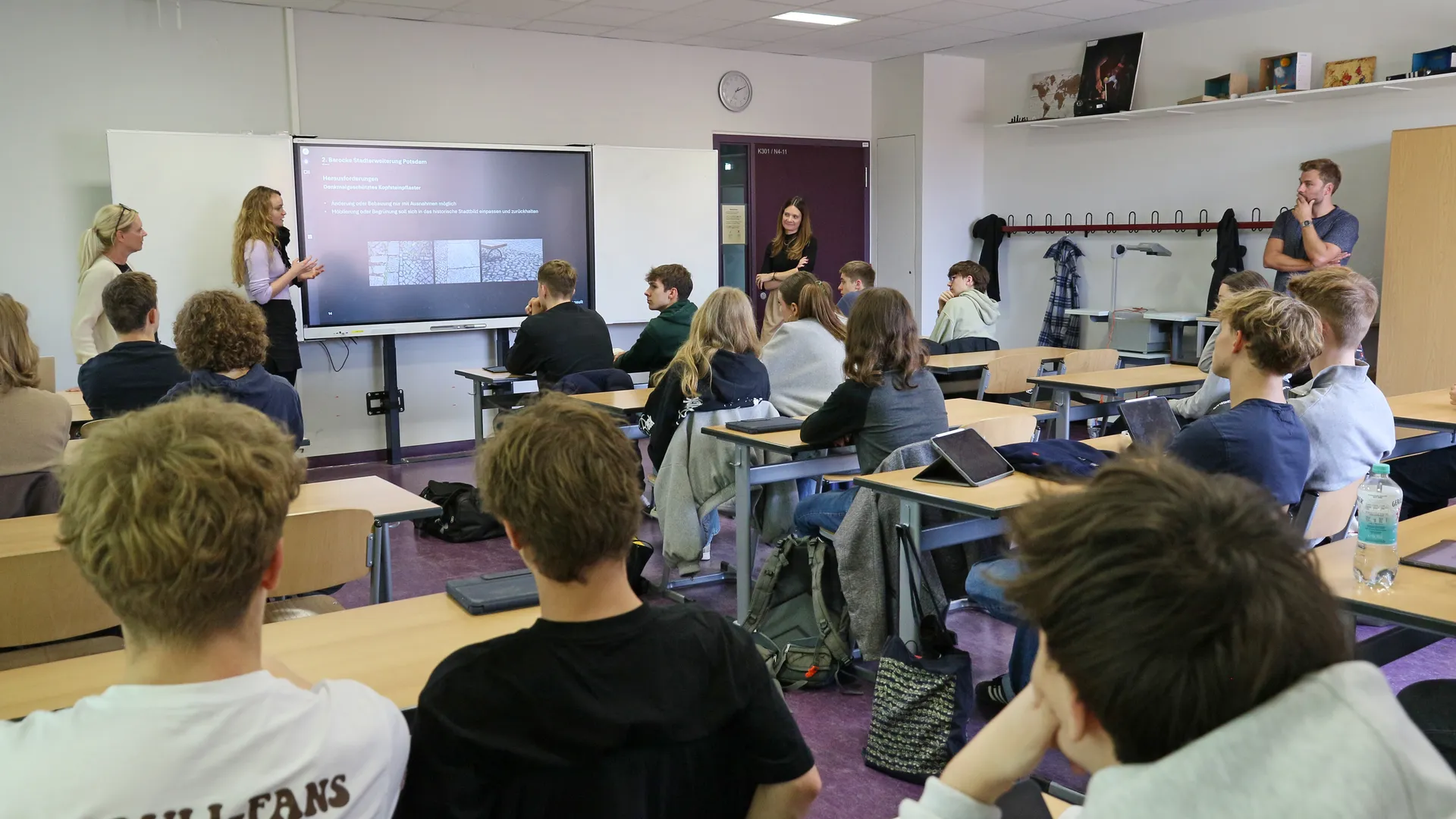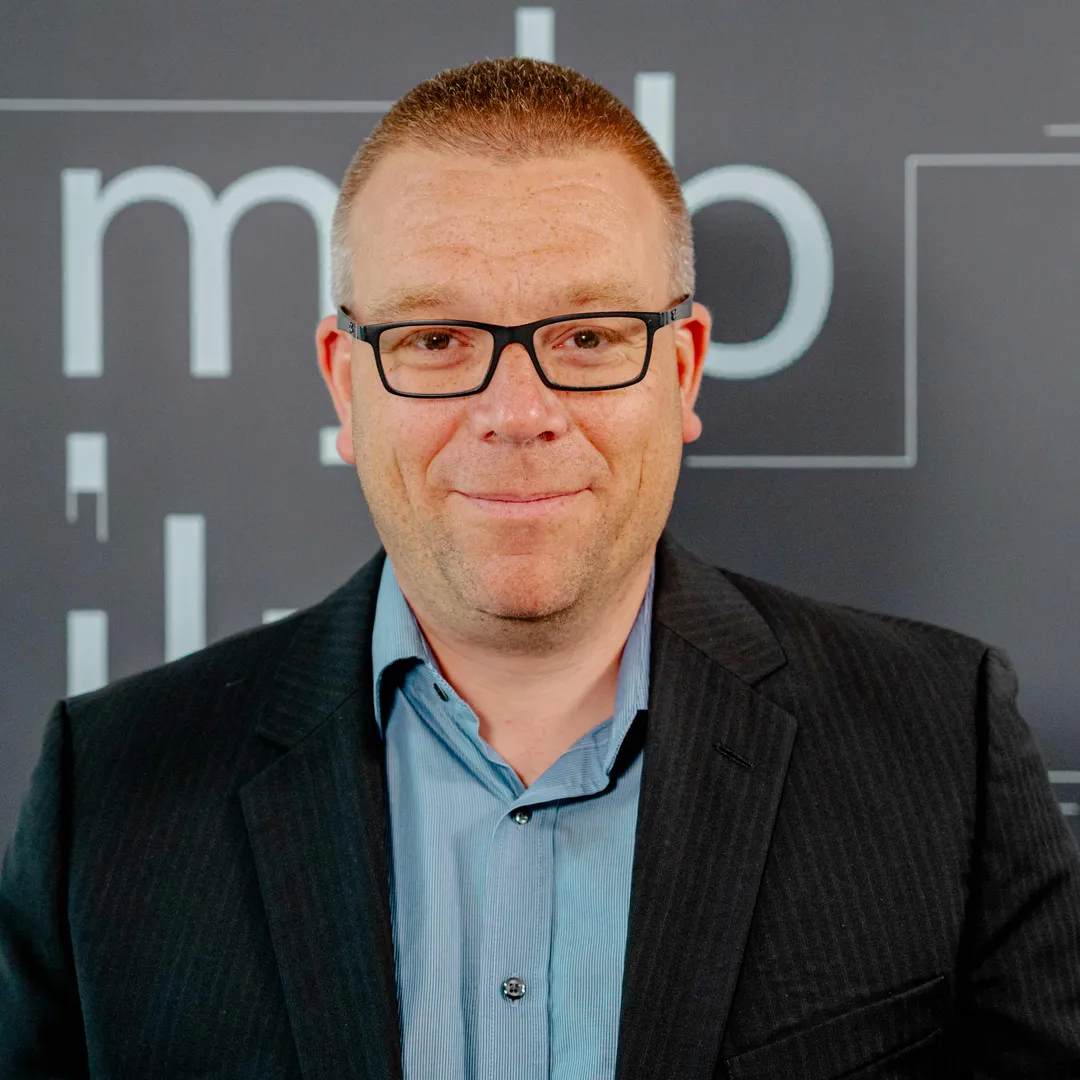

Mobility Management
Transport Planning
Traffic Engineering
Mobility Research
Surveys
Quality Measurement
Dialogue
Public Transport
Public Space
Operation


Smart mobility is more than traffic with added-on digitisation. What is required are tailored solutions for the respective location and availability of public space. This includes accurate capture and analysis of information, participation of the local populations and efficient linkage with technological innovation. This way, we can create added value which leads to increased usage of sustainable mobility.
Efficient and sustainable mobility requires tailored planning and innovative technology for traffic systems that are in line with the needs of the population while being well-suited for the various modes of transport. It is our objective to enable safer, cleaner and more efficient urban traffic to create liveable environments that enhance the quality of life for everybody.

„The future of mobility can only be predicted to a limited extent, but it can be shaped.“
Board member of the German Platform for Mobility Management (DEPOMM e.V.)
The central element of our planning is to ensure involvement of the population in the process during and following the implementation of the concept. We aim at motivating people to use greener means of transport. We achieve this via creating awareness and targeted communication measures, for instance using our proprietary contribution platform.

„I see ongoing dialogue as an opportunity to develop a deeper understanding of change and then implement it on a broad basis.“
Dialogue processes

Smart living spaces with their associated mobility can only be developed, planned and built on the basis of proper research and surveys, evaluations and interpretation of information. Our data-based analyses are focused on general mobility behaviour, quality measures and optimisation targets of public transport.

„Mobility behaviour is changing. Understanding the processes and their potential is the basis for well-founded decisions in urban and mobility planning.“
Head of Mobility Research